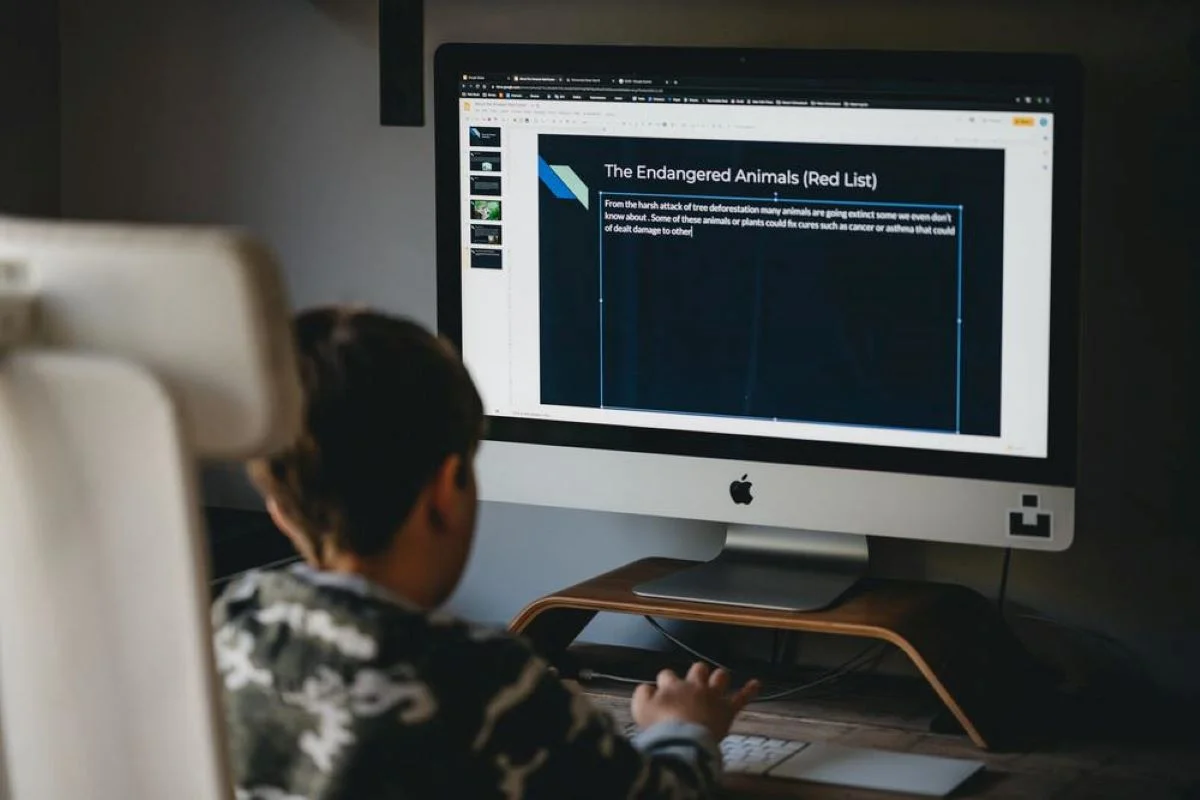Online Distance Learning birthed new challenges which are encountered by schools, teachers, parents, and learners. Especially now that most people are stuck inside their RFO House and lot. For schools, setting up a decent curriculum that truly provides learning for students is a challenge because before, home schools only accommodate a few students while an entire class is a different story. For teachers, devising teaching strategies and brain-stimulating activities are just a few of the tasks that the unexpected new normal prompted.
Learners also faced challenges while they were trying to grasp the concept of remote learning. Distraction and lack of time management caused some to become less motivated. Digital illiteracy also adds up to the challenge to which everyone still tries to adjust even until now. Furthermore, the lack of in-person interactions affects the quality of communication and social well-being nowadays.
Experts from the University of Alberta in Canada that teachers, parents, and students must act as a team to effectively teach and learn. As parents or guardians, here are some helpful ways to help kids in their online classes:
Develop a Study Nook in the Living Area for an Online Learning Schedule

Identifying and organizing an area where the kids can focus on learning is a great start. This helps in creating an atmosphere that induces learning and creativity for them. Also, having an identified space for online schooling makes them take the task seriously and see it as a part of their daily routine.
Upon creating a study area, place it in a corner where there is adequate lighting and ventilation as these factors affect a child’s cognitive focus. Make sure that the noise is minimal and remove all possible distractions like toys or unnecessary gadgets. Then, make sure that the important things for schooling are easily accessible.
Study nooks should always be clean and free from clutter to make them an ideal learning bubble. So make sure to assign space in your RFO House and Lot for your kids’ study nook.
Devise a Daily Routine
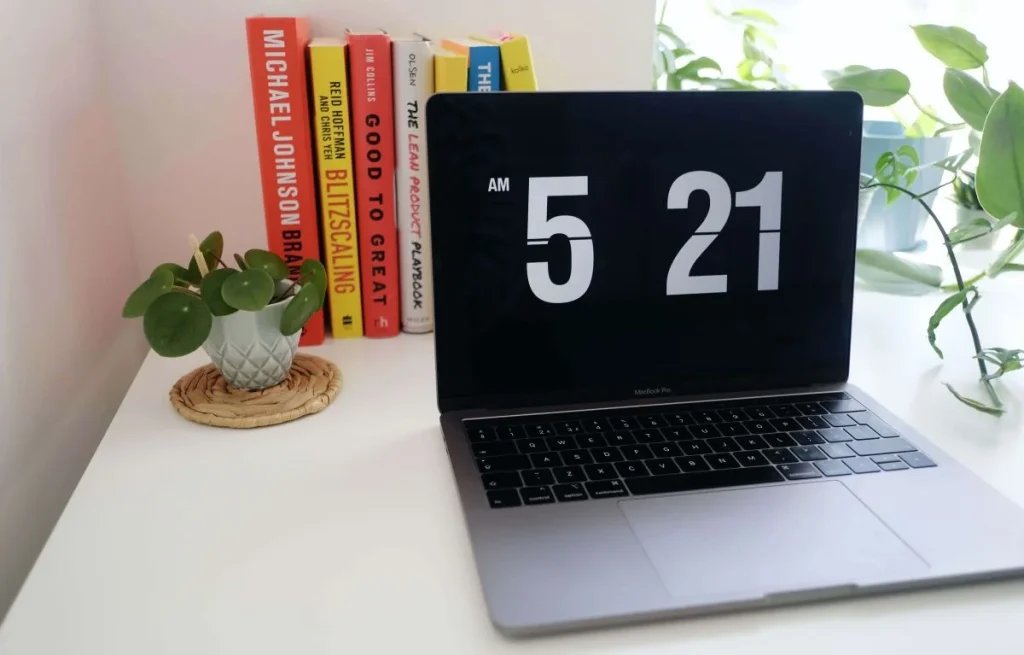
Routines help in organizing day-to-day tasks and in avoiding waste of time. Set up a schedule that both promotes enough time for academics as well as rest. Aside from rest, play breaks are also important. Having a schedule makes the student feel that they are in control of their learning habits and help them to have more focus on doing tasks. This also paves way for setting short-term goals that are effective in creating a learning standard for one’s self. As an example, doing the assignments is on a specific time slot and the goal is to perform within that time frame. Once done, this gives the kid some sense of accomplishment. On the other hand, if the assignment was unfinished, it will give them the motivation to perform better the next time as long as positive reinforcement and encouragement are provided.
In creating routines, be prepared to make adjustments. Exerting one’s best today may not be the same kind of best that will be exerted tomorrow. If you feel that your child is getting pressured or exhausted, allow them to rest and ask how they feel about the schedule.
Be Their Guide
Every child needs help at home as they are learning remotely. Either on the technical aspects of online learning or with the academic part, a guide will help in achieving the desired results even with the distance.
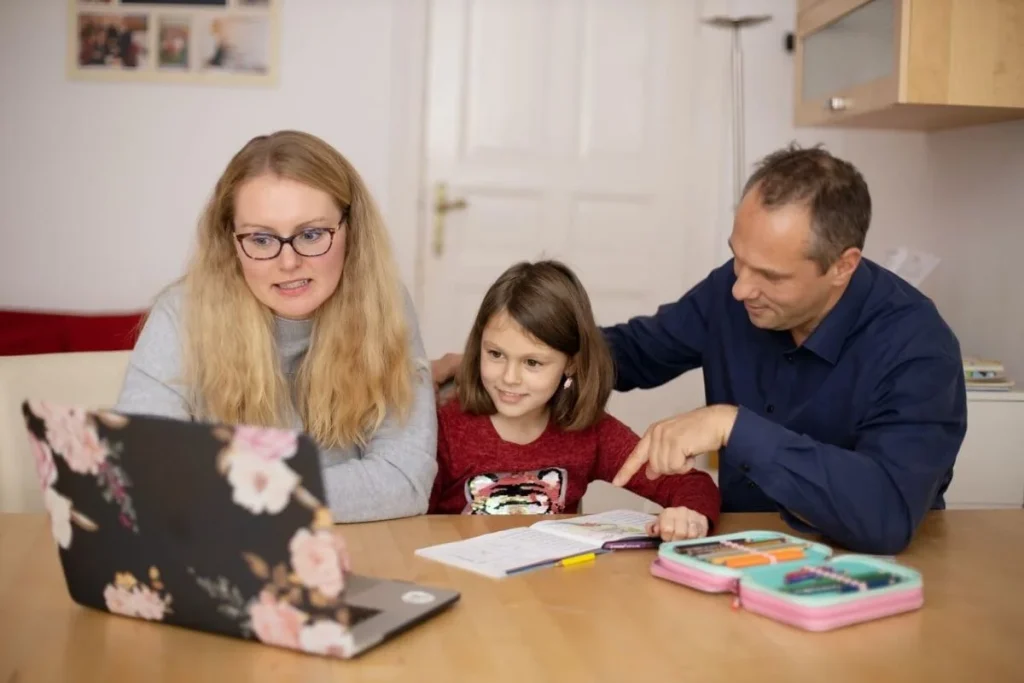
For this part, digital literacy is very important. For young learners, they might need help logging in on virtual meetings, remembering passwords, or using search engines. Understandably, not all parents know too much about technology, but knowing the basics, especially with the mode of learning and digital platforms, gives you an edge that may help you and your child to cope with the setup. YouTube videos may help by providing step-by-step processes as well as useful shortcuts to ease your journey to digital literacy.
As a guide, it is important that you also know what are your child’s expectations for distance learning. Get to know the things that the children want to learn as well as how are they going to take part in this expectation. This will help in determining how you are going to help them and what kind of help will they need.
Monitoring of the Digital Use
Pediatric neurologist Dr. Keator recommends limiting digital use for children through time increments. According to their studies, spending a couple of hours on screen may cause migraines, neck strains, and even long-term effects on human health like eating disorders and obesity if left unresolved. Too much use of gadgets also limits their cognitive abilities and weakens their capability to focus.
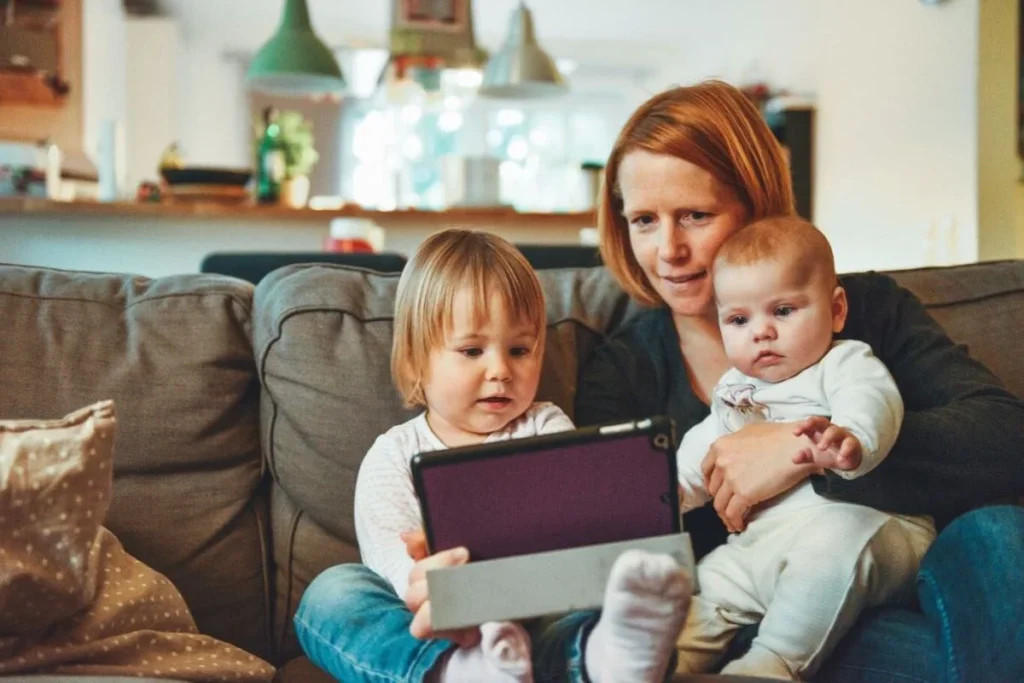
Dr. Keator recommends 10-15 minute time increments followed by breaks to limit gadget use. She also suggests social interactions or breathing fresh air to make these breaks helpful.
When They Play, They Learn
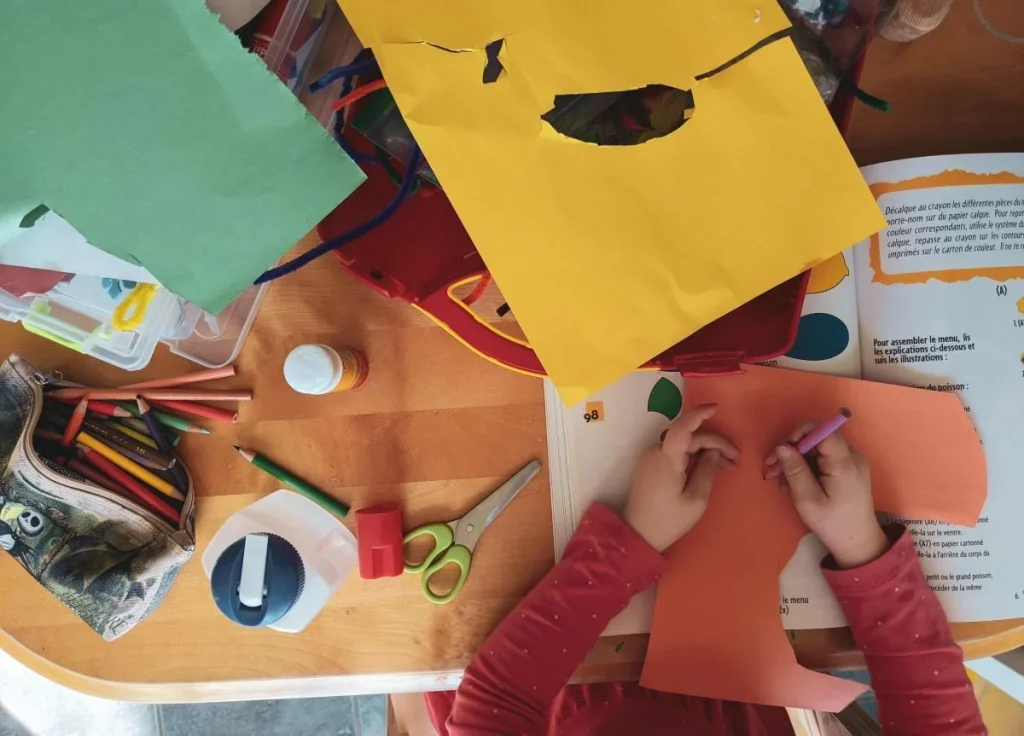
It is normal for kids to yearn for fun activities, especially now that their social interactions are limited. Allow kids to have fun by including playtime in their daily routine. As much as possible, make playtimes in which they can be physically active since online schooling is already a form of mental exercise for them. When they play, creativity, imagination, independence, and cognitive skills are fostered.
Most importantly, allow your kids to enjoy and relax. Every child deserves to have fun.
Patience, Patience
There will be times when it will be hard for the children to listen. Keep in mind that you are the only closest person to be their classmate, their friend, and their teacher. Whenever the child loses his will or his focus, try to be patient as much as possible and guide him in regaining his attentiveness.

If your ideas of reinforcement seem to not work at this moment, try asking for help. Fellow parents and guardians may have experienced the same thing and they can suggest ways to effectively discipline your child.
Each child is uniquely intelligent and honing them with love and support is the best way to guide them. Online distance learning may be challenging, but working together with your child and with their teachers will surely ease the burden. So take on that parenting challenge of assisting your kids with home learning in your RFO House and Lot and make every moment indoors with your kids fun!
Related Blog: How to Help Your Kids Adjust to Online Learning


